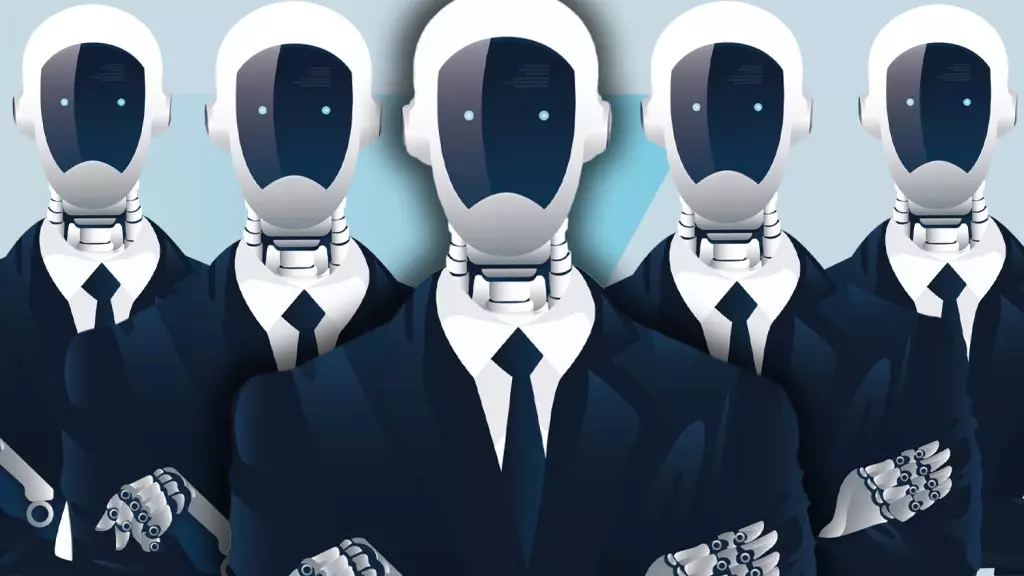As artificial intelligence technology continues to evolve, it has infiltrated various sectors, including the creative industries. One of the most pressing concerns that has emerged is the potential violation of artists’ rights, particularly for actors whose performances may be appropriated without proper compensation or consent. The UK actors’ union, Equity, has taken a firm stance against the exploitation of its members in the training of AI models. With mounting evidence that actors’ rights are being infringed upon during this development process, Equity’s actions have sparked a significant conversation on the ethics of AI and the need for legal protection.
In a recent open letter directed at the upper echelons of major media organizations such as the BBC, Disney, and ITV, Equity has made it abundantly clear that it is prepared to take legal action should the exploitation of its members’ rights continue unabated. Liam Budd, Equity’s Recorded Media Industrial Official, characterized the situation as nothing less than an “industrial-scale theft of our members’ data.” This statement underscores the seriousness with which the union views the unauthorized use of actors’ original performances and identities in developing AI technologies.
Equity highlights that AI developers often demand access to content that is legally protected. This has led to deals between content owners and AI companies, resulting in the latter receiving licenses to utilize actors’ performances for training AI systems. Such arrangements raise profound questions about not just legal frameworks but also ethical responsibility within the entertainment industry.
Equity’s letter emphasizes that there is an urgent need to modernize legal frameworks to address the realities of AI technology. The union has invoked protections under existing laws such as the Copyright, Designs and Patent Act 1988 and the UK General Data Protection Regulation, arguing that these laws require an update to adequately protect the interests of performers. As AI technology becomes increasingly sophisticated, the law must evolve to uphold the rights and welfare of creators whose contributions make such advancements possible.
The UK government’s recent AI Opportunities Action Plan, which suggested the creation of copyright-cleared training datasets drawn from British media assets, is a step in the right direction. However, Equity insists that any initiative in this area must prioritize informed consent from performers and ensure transparency in how the content is used. This dialogue must be constructive and collaborative to prevent potential exploitation in the future.
In its outreach efforts, Equity has expressed a willingness to engage in meaningful discussions with the broader industry, not just with companies that currently employ actors for traditional content creation. The need for transparency stretches across broadcasters, streaming platforms, independent producers, and video game developers. By establishing inclusive conversations, it is possible to develop a shared understanding of the rights at stake and create frameworks that respect and protect actors.
The considerations also extend to the financial aspects of AI training. Equity’s push for fair compensation underscores an essential aspect of rights protection: economic fairness. The time is ripe for a comprehensive framework that ensures performers are compensated for their work in any new exploitation or application of their material.
The intersection of AI and the creative arts poses unique challenges that necessitate urgent dialogue and robust legal protections. Equity’s proactive stance serves as a clarion call for the industry to reassess its practices and make necessary changes to safeguard the rights of its artists. As negotiations between Equity and Pact continue into 2025, stakeholders must remain vigilant in ensuring that the interests of actors are not overlooked in the rush to advance AI technologies. The future of creative industries, coupled with the rapid transformation brought by AI, hinges on the recognition and adaptation to these critical issues facing performers today. The conversation about rights, consent, and compensation in this digital age is just beginning, and it is one that must be taken seriously by all parties involved.



Leave a Reply